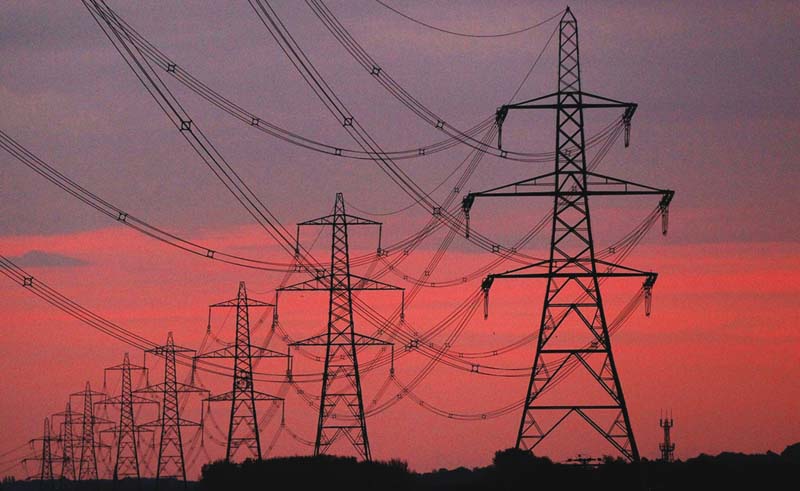
The Egyptian government will issue a global tender starting June to import around 15 liquefied natural gas (LNG) shipments until October to meet the country’s fuel needs, according to a government official who spoke to Bloomberg on the condition of anonymity.
The official said that Egypt is working to increase the amount of gas available in the country during the second half of 2024 to meet electricity needs during the summer.
The power outage crisis has returned, after authorities decided after the Eid al-Fitr holiday to implement a power load reduction system for two hours daily, where electricity will be cut off alternately between areas.
Egypt has also cut off natural gas supplies to fertilizer factories operating in the country for an indefinite period, according to four heads of government companies who also spoke to Bloomberg.
The nation is currently witnessing an increase in electricity consumption due to the severe heatwave that is hitting the Arab world’s most populous country and is expected to extend to Tuesday, according to a statement issued by the Meteorological Authority on Thursday.
The Ministry of Electricity needs around 135 million cubic meters of natural gas and 10,000 tons of mazut daily to end the recurring power cuts across Egypt.
Another summer of widespread power outages is likely to increase pressure on a population already suffering from high inflation, a sharp decline in the value of the currency, and rising domestic fuel prices.
Ending fuel and electricity subsidies
In a significant move towards fiscal consolidation and energy market reform, Egyptian Prime Minister Mostafa Madbouly has indicated plans to gradually eliminate electricity and fuel subsidies over the next four years.
Egypt is considering buying liquefied natural gas from the markets to avoid a fuel shortage during the summer of 2024, despite the current situation in the Red Sea which poses challenges.
This would be a major shift for Egypt, which has largely stopped importing liquefied natural gas in 2018, when the giant Zohr field boosted domestic production, turning the country into a fuel exporter.
The Central Agency for Public Mobilization and Statistics recently revealed that Egypt’s exports of natural gas decreased by US$7.2 billion, or 74 percent, to record $2.5 billion in 2023 compared to $9.8 billion in 2022.
Last summer, high temperatures of over 35 degrees Celsius caused power cuts for an hour or two a day.




